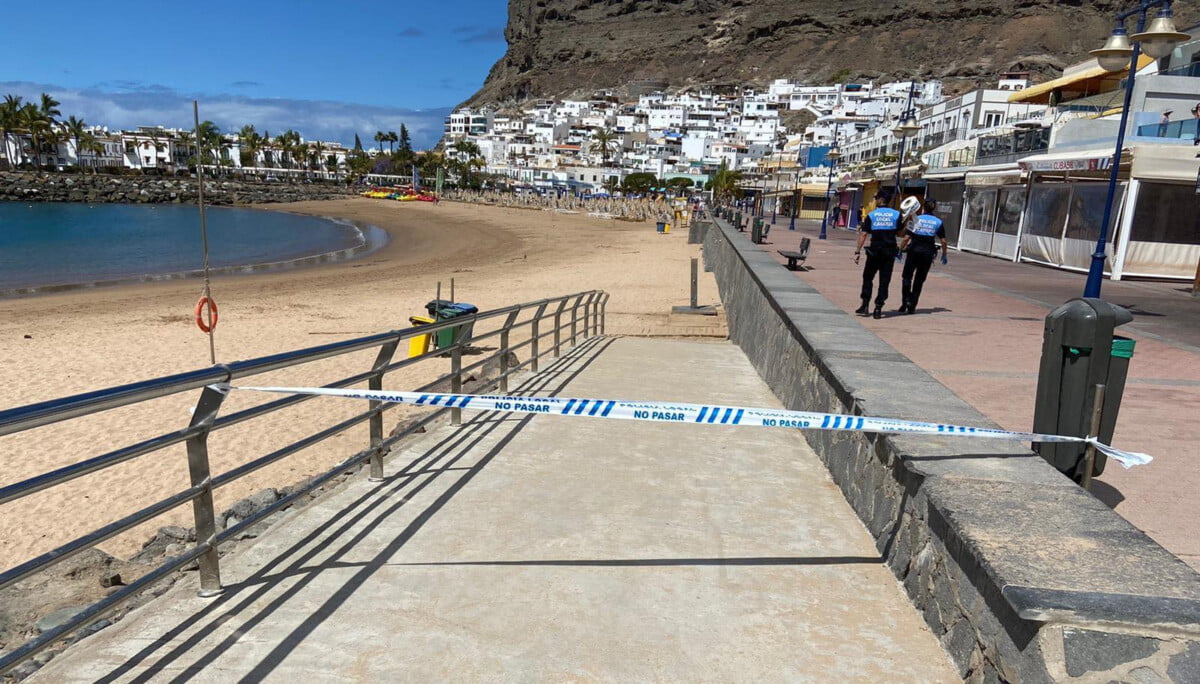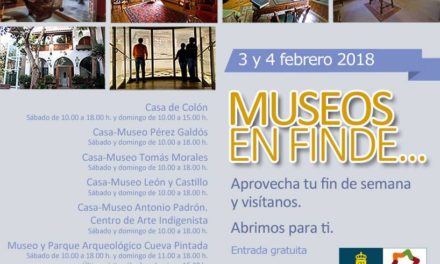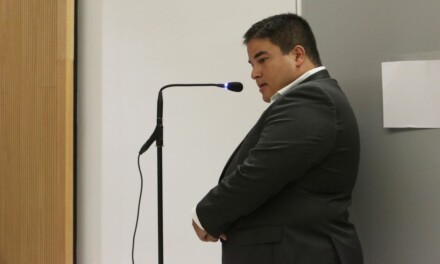The Spanish Ministry of Health last night issued an Order Declaring the obligatory closure of hotels, tourist establishments, camping sites, caravan parks and short-stay accommodation before next 26th of March, 2020.
The Order was published on Thursday night in the Official State Gazette (Boletín) and specifies that closing must take place as soon as the establishment has no customers and, in any case, within a maximum period of seven calendar days from the entry into force of this regulation, last night.
 The Ministry explains that those tourist establishments hosting clients who, at the time of the state of emergency having been declared (14 March), are “stable and seasonal”, will for the moment still allowed to be open to the public, as long as their clients do not have to share any common services.
The Ministry explains that those tourist establishments hosting clients who, at the time of the state of emergency having been declared (14 March), are “stable and seasonal”, will for the moment still allowed to be open to the public, as long as their clients do not have to share any common services.
However, these establishments will not be able to admit new customers until the state of emergency ends.
At the end of 2019, there were 12,559 open hotel establishments in Spain, with 550,476 rooms and 1,137 million beds, attended by 162,420 employees.
 The 1,928 four-star hotels with the largest number of rooms, a total of 244,318, represent a cumulative 519,749 beds, adding three-star hotels, which total 119,770 rooms and 253,024 beds.
The 1,928 four-star hotels with the largest number of rooms, a total of 244,318, represent a cumulative 519,749 beds, adding three-star hotels, which total 119,770 rooms and 253,024 beds.
Consequently, the highest volume of employment occurs in four-star hotels, which employed a total of 80,547 workers at the end of 2019, followed by three-star hotels, where 31,111 people are employed.
The number of five-star hotels is much smaller (281), with 42,829 rooms and 90,352 beds, although they are more employment-intensive and employ 28,691 people.
 The average number of employees in five-star hotels is 102 people per establishment, more than double that of four stars (41.7) and much higher than those of three stars, where an average of 16.2 people work.
The average number of employees in five-star hotels is 102 people per establishment, more than double that of four stars (41.7) and much higher than those of three stars, where an average of 16.2 people work.
However, the largest number of establishments is registered in the category of hostels , with almost 6,000, nationwide representing about 80,000 beds and almost 11,000 employees.
In 2019, 343.1 million overnight stays were registered in hotel establishments, 0.9% more than a year earlier. The figures show a better evolution than in 2018, when the number of overnight stays had fallen 0.2%.
 Andalusia, the Valencian Community and Catalonia were the main destinations of resident travellers, while non-residents chose mainly the Canary Islands, followed by the Balearic Islands and Catalonia.
Andalusia, the Valencian Community and Catalonia were the main destinations of resident travellers, while non-residents chose mainly the Canary Islands, followed by the Balearic Islands and Catalonia.
Travellers from the United Kingdom and Germany made 98.6 million hotel overnight stays in 2019 , which represented 44.1% of the total of those made by non-residents. Overnight stays of travellers from the United Kingdom increased by 0.3%, while those of Germans decreased by 9.0%.
The average daily billing rate in hotels for each occupied room (ADR) stood at €91 in 2019, while the average daily income per available room (RevPAR), which is conditioned by occupancy, reached €61.2 on average.
Royal Decree 463/2020, of March 14, declaring the state of emergency for the management of the health crisis situation caused by COVID-19, published in the “Official State Gazette” dated March 14 2020, includes a series of measures aimed at protecting the health and safety of citizens, containing the progression of the disease and strengthening the public health system.
Article 10 of the aforementioned Royal Decree contains the containment measures in the field of commercial activity, cultural facilities, recreational establishments and activities, hotel and restaurant activities, and other additional measures, that is, it provides for the closure of certain establishments that are collected specifically, but without the intention of exhaustiveness or establishing numerous clauses thereof.
Thus, in section 6 of the aforementioned article, the Minister of Health is empowered to modify, expand or restrict the measures, places, establishments and activities listed in the preceding sections, for justified reasons of public health, and may therefore extend this suspension to those other assumptions that are considered necessary.
The concentration of people in tourist accommodation, which must share certain common spaces, implies an increased risk of contagion, which is why, given the situation of restriction in the mobility of people, it is necessary, to guarantee the containment of the pandemic, to suspend the opening to the public of these establishments in line with the provisions of section 4 of article 10 of Royal Decree 463/2020.
In accordance with the foregoing, the Minister of Health, as delegated competent authority, under Article 4, sections 2 and 3, and Article 10, section 6, of Royal Decree 463/2020, of March 14, provided:
First. Suspension of opening to the public of tourist accommodation establishments.
Establish the suspension of opening to the public of all hotels and similar accommodation, tourist accommodation and other short-stay accommodation, campsites, caravan parks and other similar establishments, located anywhere in the national territory.
Exceptionally, the provision of surveillance, security and maintenance services in these establishments is permitted.
Second. Long-stay and seasonal tourist accommodation establishments.
It is permitted to open to the public those tourist establishments provided for in the first section of this order that house clients who, at the time of declaration of the state of emergency, are staying in a stable and seasonal manner, provided that their occupants have the infrastructures, in their own residential spaces, to be able to carry out the activities of first necessity in the terms established by Royal Decree 463/2020, of March 14, declaring the state of emergency for the management of the situation health crisis caused by COVID-19. However, these establishments will not be able to admit new customers until the suspension provided for in the previous section ends.
Third. Closing process.
The closing included in the first section will take place at the moment in which the establishment does not have clients to which it must attend and, in any case, within a maximum period of seven calendar days from the entry into force of this regulation.
Development and execution.
It is the responsibility of the competent authorities of each autonomous community to issue the resolutions, provisions and instructions that, in the specific sphere of their action, are necessary to guarantee the effectiveness of the provisions of this order.
First final provision. Habilitation to the Minister of Health.
In accordance with the provisions of article 4.3 of Royal Decree 463/2020, of March 14, declaring the state of emergency for the management of the health crisis situation caused by COVID-19, how many orders will be issued , resolutions, provisions and instructions necessary for the application of this measure.
Second final provision. Entry into force.
This order will enter into force the same day of its publication in the «Official Gazette of theState”.
Third final provision. Validity.
This order will be applied from its publication in the “Official State Gazette” until the end of the declaration of the period of the state of emergency orextensions thereof.
Madrid, March 19, 2020. – The Minister of Health, Salvador Illa Roca.
https://www.boe.es/boe/dias/2020/03/19/pdfs/BOE-A-2020-3892.pdf










